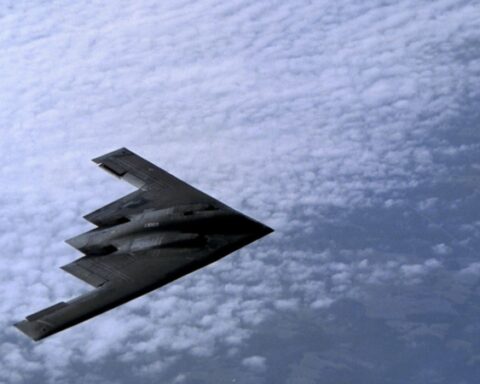A path of death and devastation has reportedly been etched across the length of Africa by an unprecedented explosion of wars and conflicts, extending across the troubled continent in recent years.
The intensity of older conflicts, including the Islamist uprisings in northern Nigeria and Somalia and the militia warfare in eastern Congo, has increased significantly.
Ethiopia and Sudan, two of Africa’s most populous and largest nations, are currently experiencing new power struggles between militarized elites.
The western Sahel countries are currently the epicenter of global jihadism, as regional offshoots of Islamic State and al Qaeda are engaged in a conflict with a group of unstable military regimes.
According to an analysis conducted by political risk consulting firm Verisk Maplecroft, this corridor of conflict spans approximately 4,000 miles and encompasses approximately 10% of the total land mass of sub-Saharan Africa.
In the past three years, the area has doubled in size and is now approximately 10 times the size of the United Kingdom. It has left an incalculable amount of human suffering in its aftermath, including mass displacement, atrocities against civilians, and extreme hunger, on a continent that is already the poorest on Earth.
However, these remarkable geopolitical transformations in sub-Saharan Africa have been eclipsed by the more prominent conflicts in the Middle East and Ukraine. This has resulted in a lack of attention from global policymakers, particularly in the West, as well as fundamental concerns regarding the futures of hundreds of millions of individuals and grossly underfunded humanitarian-aid programs.
According to data compiled by Uppsala University in Sweden and analyzed by Norway’s Peace Research Institute Oslo, Africa is currently experiencing a greater number of conflicts than it has at any point since at least 1946.
The two institutes have identified 28 state-based conflicts in 16 of the 54 countries of the continent this year, which is a higher number than any other region in the globe and double the number from a decade and a half ago.
The aforementioned figure does not encompass conflicts that do not involve government forces, such as those between distinct communities, and whose number has also doubled since 2010.
The emergence and escalation of numerous distinct conflicts across a vast and diverse geography are not the result of a single driver.
However, according to experts, numerous of the most vulnerable states were left vulnerable as a result of their failure to establish a robust mode of governance after independence, whether as functioning democracies or established authoritarian systems, or were destabilized during periods of once-in-a-generation political transitions.
Mali, Burkina Faso, and Niger, which were once French colonies in the Sahel, were democracies in name only for decades, with military coups frequently disrupting their operations.
Local and foreign leaders were able to compete for resources and power, often through violence, as Congo’s central government in Kinshasa, like Nigeria’s in Abuja, was unable to exert control over extensive territories.
The Tigray People’s Liberation Front’s decades-long hegemony in Ethiopia has been ended by Prime Minister Abiy Ahmed’s efforts to centralize power in 2018. This has resulted in a series of rebellions and combat between regional militias.
After the ouster of long-standing strongman Omar al-Bashir in 2019, two prominent generals in Sudan became rivals. Two years later, a civilian government was established with the intention of transitioning the country to democracy.
In 2011, the North Atlantic Treaty Organization’s militaries intervened in Libya to support rebel forces battling the country’s dictator Moammar Gadhafi, amid the pro-democracy uprisings of the Arab Spring.
This was one of the inflection points. After Gadhafi’s death and Libya’s descent into disorder, thousands of armed men relocated to Mali, reigniting a Tuareg rebellion against the government in Bamako.
This rebellion coincided with the global expansion of extremist ideologies promoted by al Qaeda and Islamic State.
And with the drivers of instability showing no signs of letting up, there appears to be no end in sight.
[READ MORE: Xi-Jinping Makes Ominous Remarks in New Years’ Speech]








